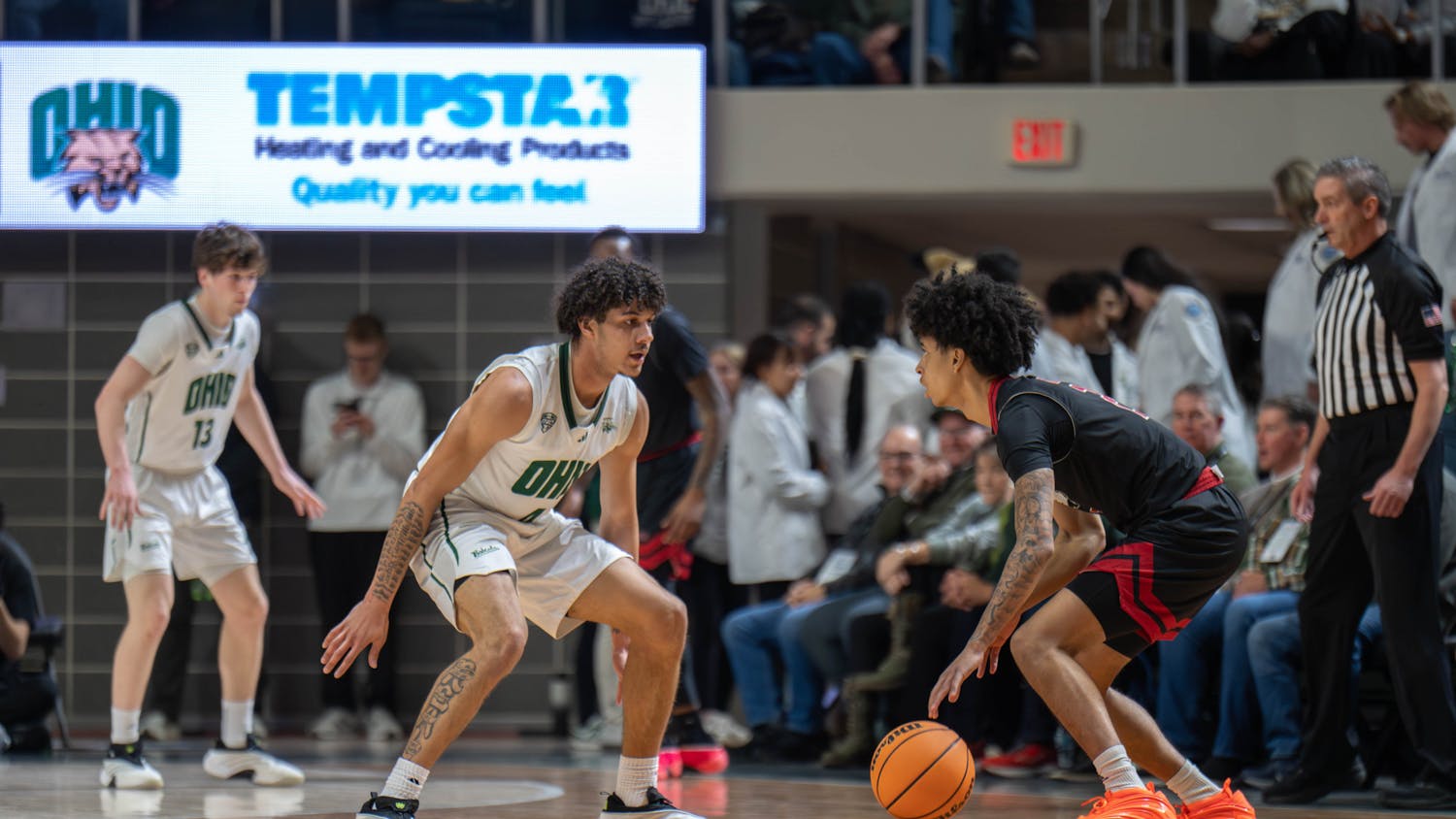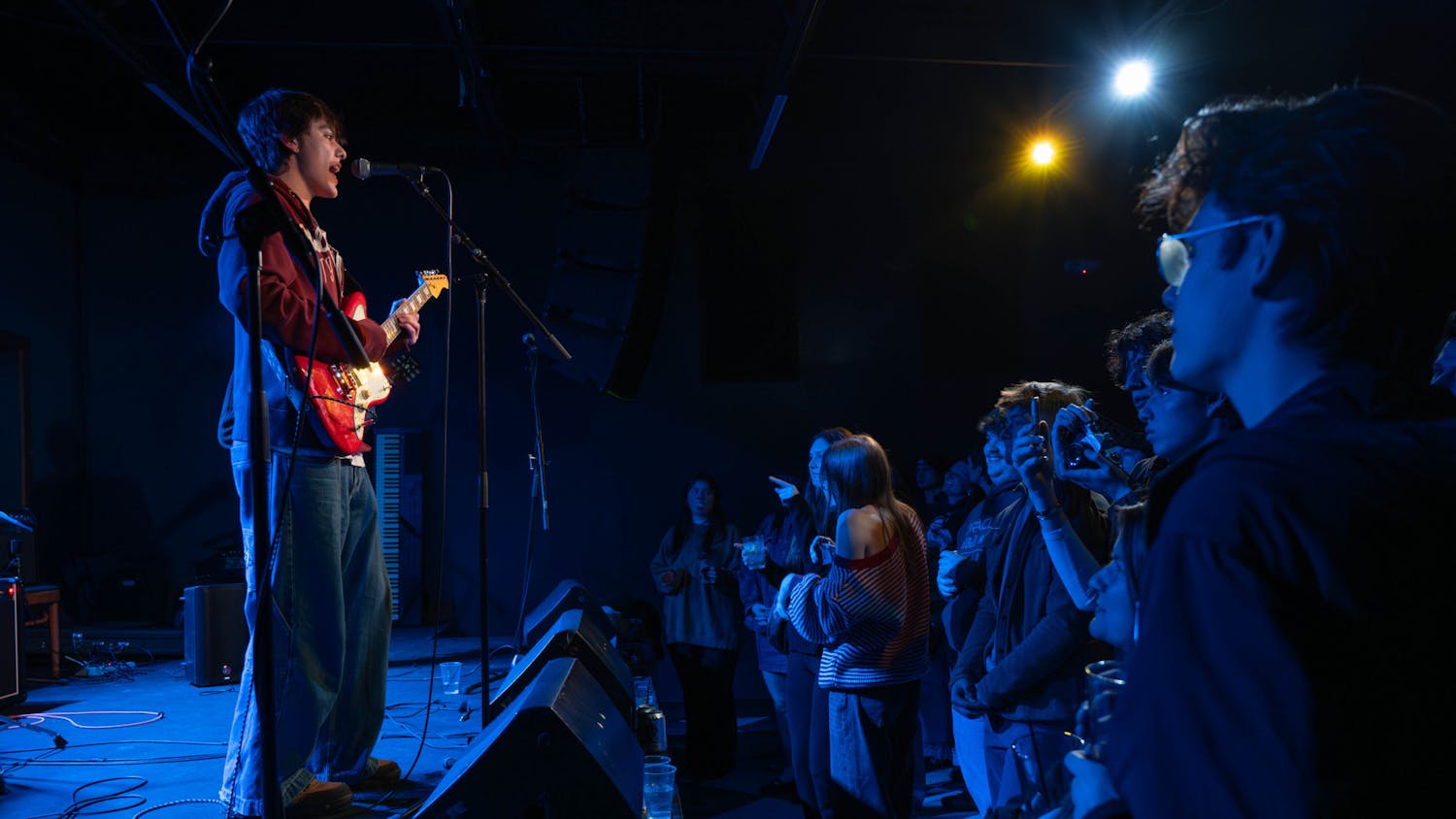Clarification appended.
Women In Music (WIM) is a global organization with the goal of advancing the awareness, equality, equity, diversity and opportunities for all women in the musical arts through education, support and empowerment.
WIM provides several resources to support women working in music-related careers, but most of the resources are available and helpful for all women, no matter their career paths. Nicole Barsalona, president of Women In Music, is currently working with the organization from Boston.
The Post sat down with Barsalona to talk about the history of WIM, volunteering for the organization and more.
The Post: First off, could you give me some background information on the history of Women In Music? The website mentioned it was founded in 1985 in New York, but how has it evolved since then?
Barsalona: We are a 501(c)(3) non-profit organization. We were founded in 1985 in New York, like you said, and we operated for decades, just kind of as a local organization as the board of directors was all in New York. Then, about five or six years ago, some of our board members started moving, which was pretty reflective of the industry as a whole: living outside of the hubs of New York, LA and Nashville. I moved to Boston, and we had other members moving out to Seattle and Miami. So we started to spring up chapters in those places, slowly but surely.
Once we started putting together toolkits for how to start a chapter, we had members, and even non-members, reaching out, wanting to start chapters in their area. So it's just grown and grown, and now we have chapters all over the world, from LA to India, places like Romania, South Africa and India, and across Europe and beyond.
I have to say, that the pivot to virtual programming to support global members the is silver lining for members because all of the sudden, instead of hosting in-person events, which we had done for so long in all of these different places, we are able to present virtual content for all of our members around the world to tune in and see the same content. It's been really powerful to see those connections being made across the world through those events.
P: Your website says that WIM includes more than 100 volunteers who work to serve thousands worldwide with chapters from LA to India. Can you give me some of the specifics on what you do to serve and how this service is different among various locations?
B: We have committees made up on every chapter team, and those committees are events, fundraising, membership and communications. All of those committees come together at each chapter and, before the pandemic, what those chapter teams would do is build community in their local market and host events locally to highlight the needs of the community there. Whereas a national chapter might work on a very specific local mentorship initiative, at the global level, we're working on things like a mentorship and internship initiative where we're trying to funnel a more diverse group of applicants into our system to kind of help with educational and career advancement tools.
P: What are the best locations for working in the music industry? I know there are different cities that have more to offer for the music industry.
B: Most of the industry hubs still exist kind of in New York, LA and Nashville, but certainly now more than ever, we've seen a lot of members either move back to their home bases where they're from or moving somewhere where they have a tighter network of friends or family, because everyone's working remotely.
I think all the chapters around the globe are certainly a reflection of the fact that the industry is changing and has been changing. The intersection of music and tech means that more music tech companies are outside of those traditional entertainment hubs. I'm here in Boston actually, and we have a pretty quiet music industry, but a really active tech scene. So it's interesting to see more and more people coming to cities where there are more opportunities for crossover.
P: In what ways are you educating, supporting and empowering women of all racial, cultural and economic backgrounds as your website entails?
B: Such a good question. So December of 2019 we launched our Diversity and Inclusion Council. We view ourselves, I think, as a really liberal, forward-thinking, progressive industry, and the numbers just don't show that at executive levels, so there's a real gap there. Women In Music focused for so many decades on gender equity, but I think we switched our focus to hone in on the fact that even though we were seeing more women in the industry, we want more diverse women, and so we wanted to make sure to amplify the voices of diverse women.
This whole year, 2020, has just been this amazing, kind of breadth of diversity programming that we've done, with Chissy Nkemere who co-chairs our DNI council with Nikisha Bailey. Chissy is at Concord music and Nikisha is at Atlantic. They have just transformed the organization.
Our team has been really empowering and inspiring in providing all kinds of tools around Black Lives Matter, so I think it's been a really exciting time for our Diversity and Inclusion team and our board of directors, which has become more diverse over the past year as well. Our goal going forward is just to make sure that we amplify more work of women of color specifically and the LGBTQ+ community.
The disabled community is super underrepresented in terms of visibility in music. We’re making sure that they have support, tools and career advancement opportunities so that young people can see an example of what they aspire to be.
P: You mentioned the Black Lives Matter movement. What are some examples of what WIM has done to support it?
B: We have provided a breadth of resources, which we have linked in our bios on socials. We’re making sure that we provide not only programming, but also support to diverse voices and making sure that we have women of color on most, if not all, of our panels and programs to amplify their voices and highlight diverse perspectives. Then, we provide resources for how people can take action on their own to support different organizations. We've highlighted different organizations that are doing some really impactful work. We are a 501(c)(3), so we can't directly point people in directions, but we can certainly highlight the work of other organizations.
P: The music industry is a pretty male-dominated industry. Is women in music open to women in all professions regarding music? Or is it kind of narrowed?
B: No, absolutely. It's open to everyone actually. So anyone who wants to become a member can sign up for a membership. That is what's great, because we have women from different industries who have some tie to music. We even have some members in the financial industry who just do campaigns around music. We run the gamut and we also really encourage men to sign up for membership because, aside from just having male allies, we need men in the industry to be making these differences with us.
Clarification appended: A previous version of this article included an incorrect misinterpretation of words. The article has been updated to reflect the most accurate information.






